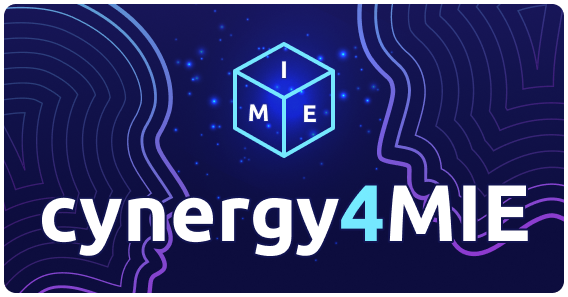About the Project
Europe’s industrial competitiveness is under threat from the rapid advancements in technology and the rise of powerful global competitors.
Global tech giants, such as Tesla, Microsoft, Alphabet, and Nvidia, are rapidly expanding their reach into European markets. These companies possess highly competitive core technologies, vertical integration, and a strong presence in various domains, allowing them to create economies of scale and gain a significant competitive advantage. The core driving force is electrification of the ecosystems of mobility, infrastructure and energy combined with an increase in software defined features.
To maintain a competitive edge, Europe must adapt to these evolving ecosystems and create similar synergies. By embracing electrification, software-defined features, and interconnected ecosystems, we can level the playing field and ensure the continued success of our industries.
The project is driven by these trends by aiming to provide the necessary tools and resources to support European companies in navigating this rapidly changing landscape.
The Cynergy4MIE Project will address constraints arising from the rapid technological advancements and intense global competition in the industrial landscape. Europe’s industries are facing threats from global tech giants with competitive core technologies and economies of scale. The shift towards electric vehicles, the increasing complexity of products like human-collaborating robots, and the evolving customer expectations pose significant challenges. To maintain a competitive edge, European companies must adapt to these evolving ecosystems, create synergies, and leverage common components and tools across various domains. Additionally, they must navigate geopolitical risks and ensure the safety and security of their products.
The Cynergy4MIE project presents an opportunity to address the inefficiencies arising from parallel development efforts in the ECS area. By proactively managing requirements from diverse key application areas, the project aims to guide developments in foundational technology layers and cross-sectional technologies. This strategic approach seeks to unlock synergies, tackle the growing complexity of applications, and boost productivity throughout the entire value chain. The project’s outcome will be an application-driven technology stack that facilitates seamless software and ECS component deployment across ecosystems, accelerating high-level context adaptation and fostering economies of scale.
Europe’s industries face increasing global competition, driven by factors like software-centric product development, advanced technologies from global giants, and the shift towards electric powertrains. To maintain competitiveness, European companies must leverage common components, tools, and methods across mobility, infrastructure, and energy ecosystems. They must also adapt to evolving customer expectations, navigate geopolitical risks, and ensure the safety and security of their products. These challenges underscore the urgent need for innovative solutions and collaborative efforts to strengthen Europe’s industrial position in the global market.
